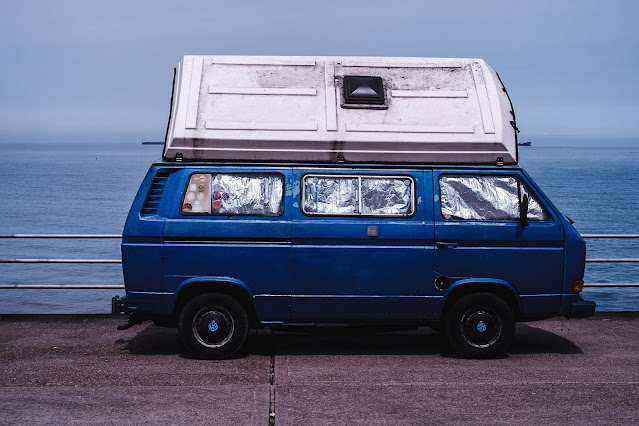Contemplating hope 2

Hope is not a wing and a prayer. It is a commitment to the future grounded in action. Hope is a tiny vision that, when taken seriously, when fuelled, expands to fill the mind that spawned it and the body that wants to experience it. So, think on what is your most urgent need, your most fervent desire, and make a plan to make it happen. Make a five-minute plan or make a five-year plan. But make a plan. It’s what Dale Spender , an Australian feminist I met decades ago in Edmonton, did when she wanted to quit smoking. Whenever she felt the urge for a smoke — and for many days that urge arose every ten minutes, her plan was to get up, leave the house and walk around the block. She did this until her desire to quit became the reality of her having quit. Her plan was both a 10-minute one and a life-long one, and her originating action was as simple as going for a walk. For 15-year-old Greta Thunberg, the plan was to sit, alone, outside the Swedish parliament to prote...





